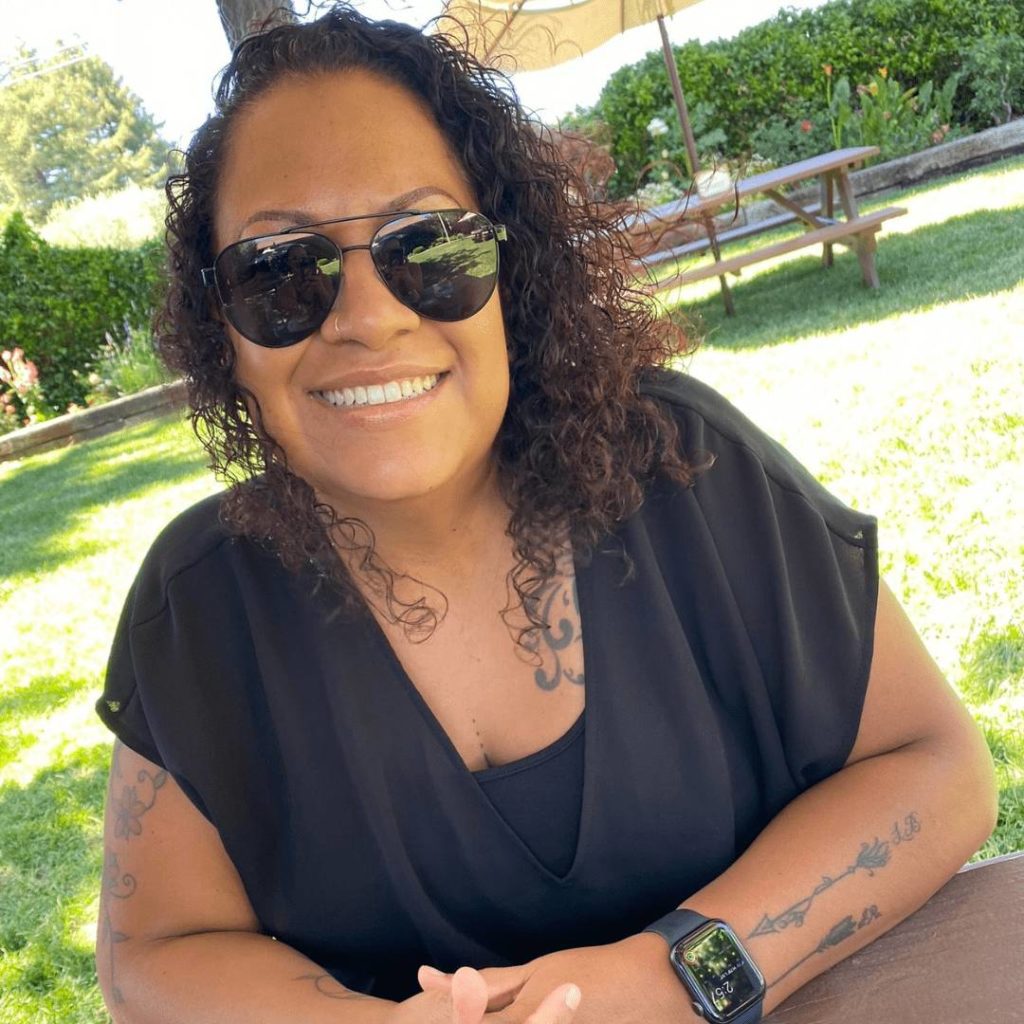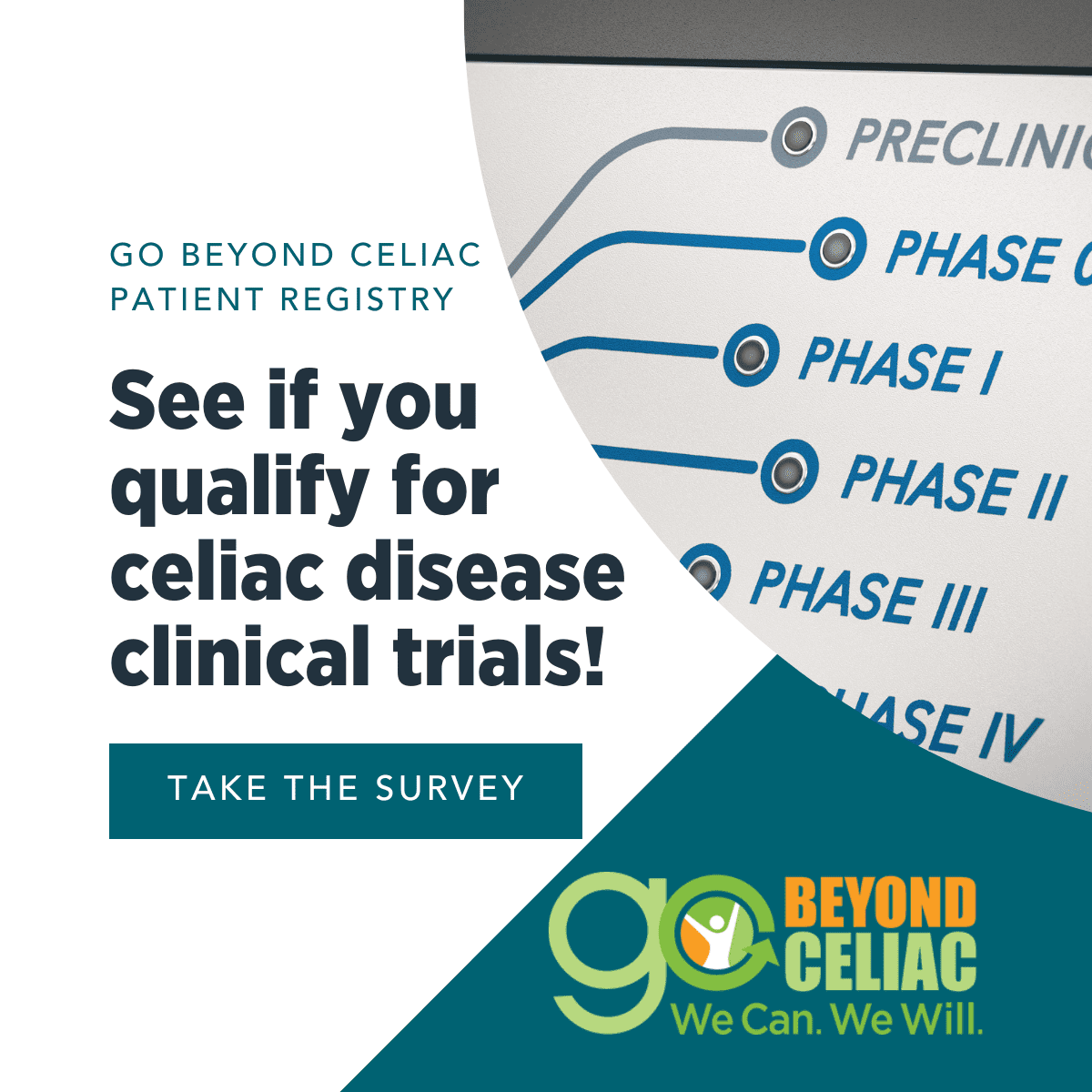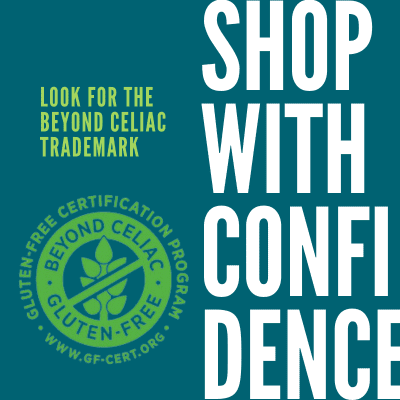Describe your life prior to diagnosis:
I was energetic and felt good most days until I became pregnant with my first child. Within a few months of delivery I started to feel sick every time I ate. I started to have really low energy, but I thought that was how all new moms felt. Then I started having GI flare ups almost every week where I would be sick for two or three days. I tried numerous elimination diets except for going gluten-free, because it wasn’t even near my radar. I attempted to become pregnant again in the following years and did a few rounds of IVF only to experience repeated early pregnancy losses.
How did you come to know (or suspect) that you have celiac disease?
I finally saw a gastroenterologist and she said she would test me for celiac disease. I didn’t give it a second thought because there was no way that was my problem. When my tests results came back I had glaringly obvious positive results for celiac disease, including anemia and high inflammatory markers. I saw my results online and sat there completely stunned.
How long did it take for you to get diagnosed since your initial symptoms and what (if any) challenges did you face along the way?
It took 3 years to be diagnosed. I looked for answers in all the wrong places. Googling can be helpful when you know exactly what you’re dealing with, but can be very misleading when trying to unlock your own health mysteries.
Do you believe anything could have sped up your diagnosis?
If I would have seen a GI specialist sooner it would have helped.
Describe your experience living with celiac disease
It is a double-edged sword. I feel much better now that I have been living gluten-free for 3 years, but I went through a period of depression after my diagnosis. I once left the grocery store in tears because reading food labels became so overwhelming. I lost my love of cooking, and I started to avoid social situations.
Luckily I have a very supportive wife who took this challenge head on. She started doing the majority of the cooking, she read the labels and researched the recipes. She made new foods and recreated my favorite foods gluten-free, she even started baking awesome gluten-free desserts. I began to see a light at the end of the tunnel. I started therapy, and I slowly got back to cooking again. Now I am even more enthusiastic about cooking than I was before my diagnosis—that may be because eating out causes so much anxiety, but regardless I am enjoying it again. I still am experiencing what comes along with having celiac disease, like anemia and nutrient absorption issues despite following a strict gluten-free diet, but in comparison to before my diagnosis I am much better off.
Is there anything else you’d like to add to your story?
As much as I sometimes feel like having a pity party for myself, there are some real positive things that have come from my diagnosis. First, I decided to have my son checked for celiac disease and in his blood work we uncovered an autoimmune thyroid condition that he needed to be treated for but had no symptoms of. He is now on the medication he needs without having to have experienced any adverse health effects. Second, I gave it one last try to have another baby, and I became pregnant with my now 19-month old daughter. Of course this was partly because I had a wonderful IVF doctor, but I know in my heart that being gluten-free allowed my body to hang onto the pregnancy. Third, although it has had an impact on my social life, it has also shone a spotlight on the friends that really care about me and my health. Lastly, if your southern wife is willing to navigate the world of gluten-free flour to make biscuits and gravy, she is definitely a keeper.



